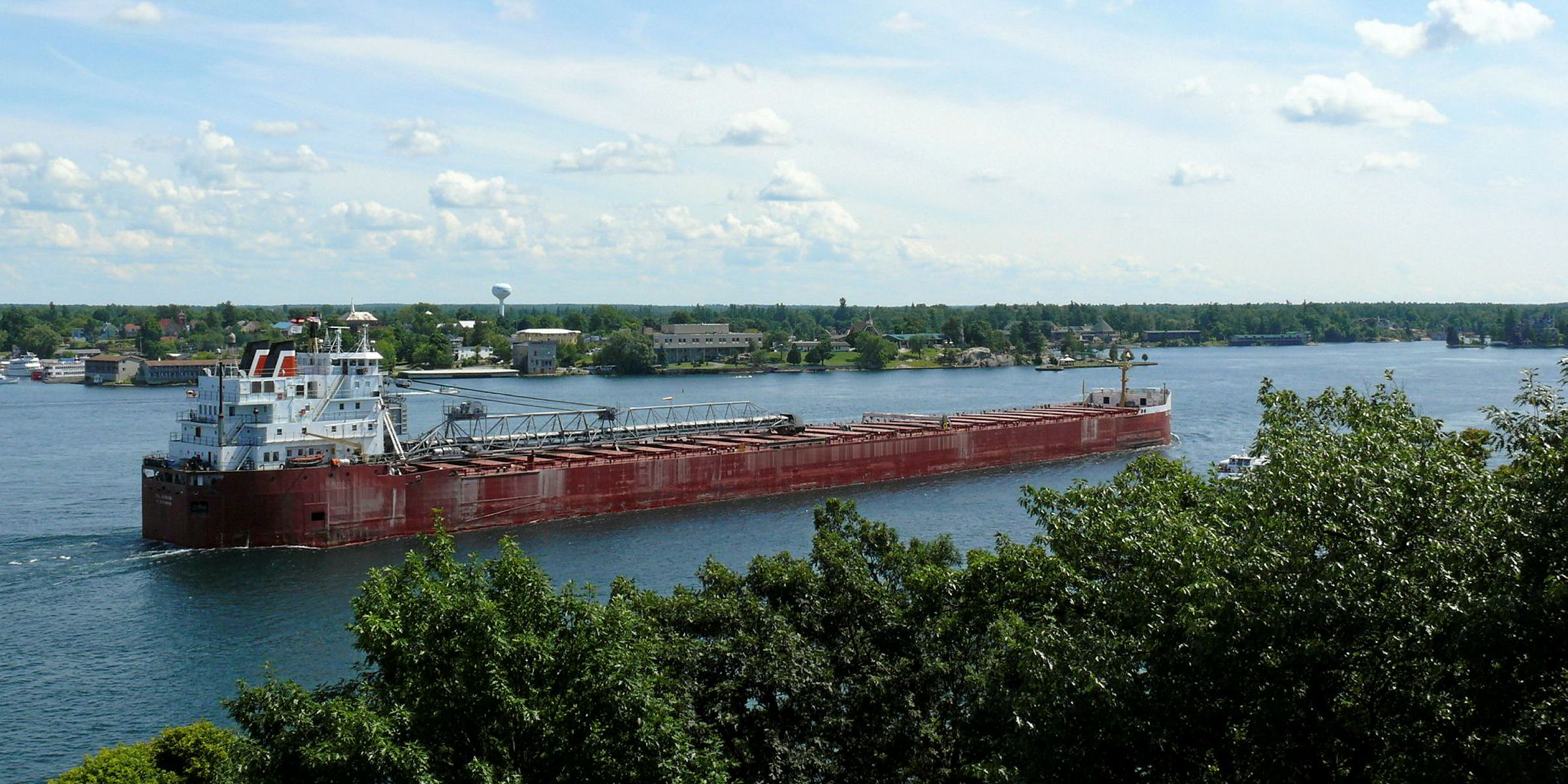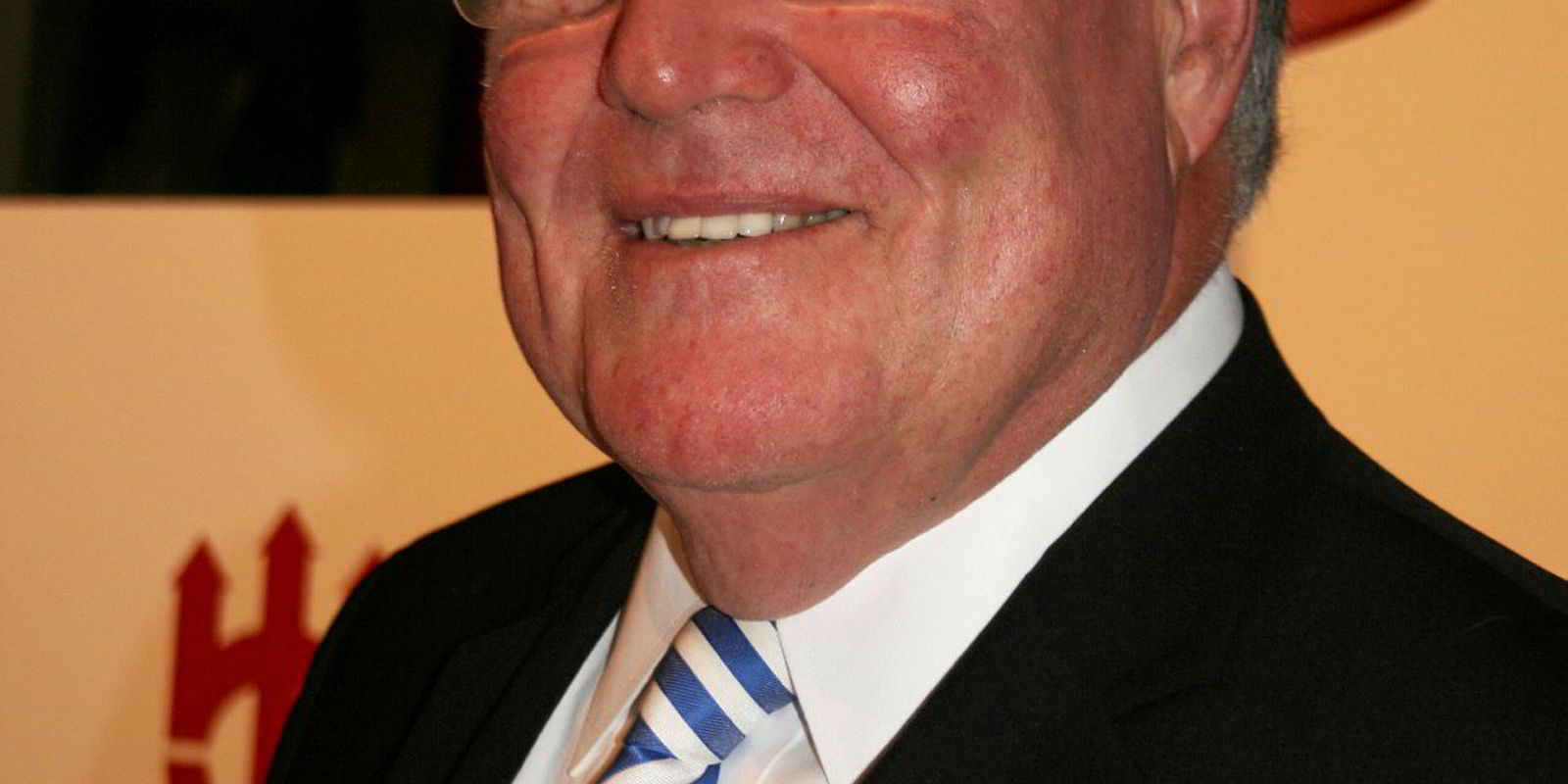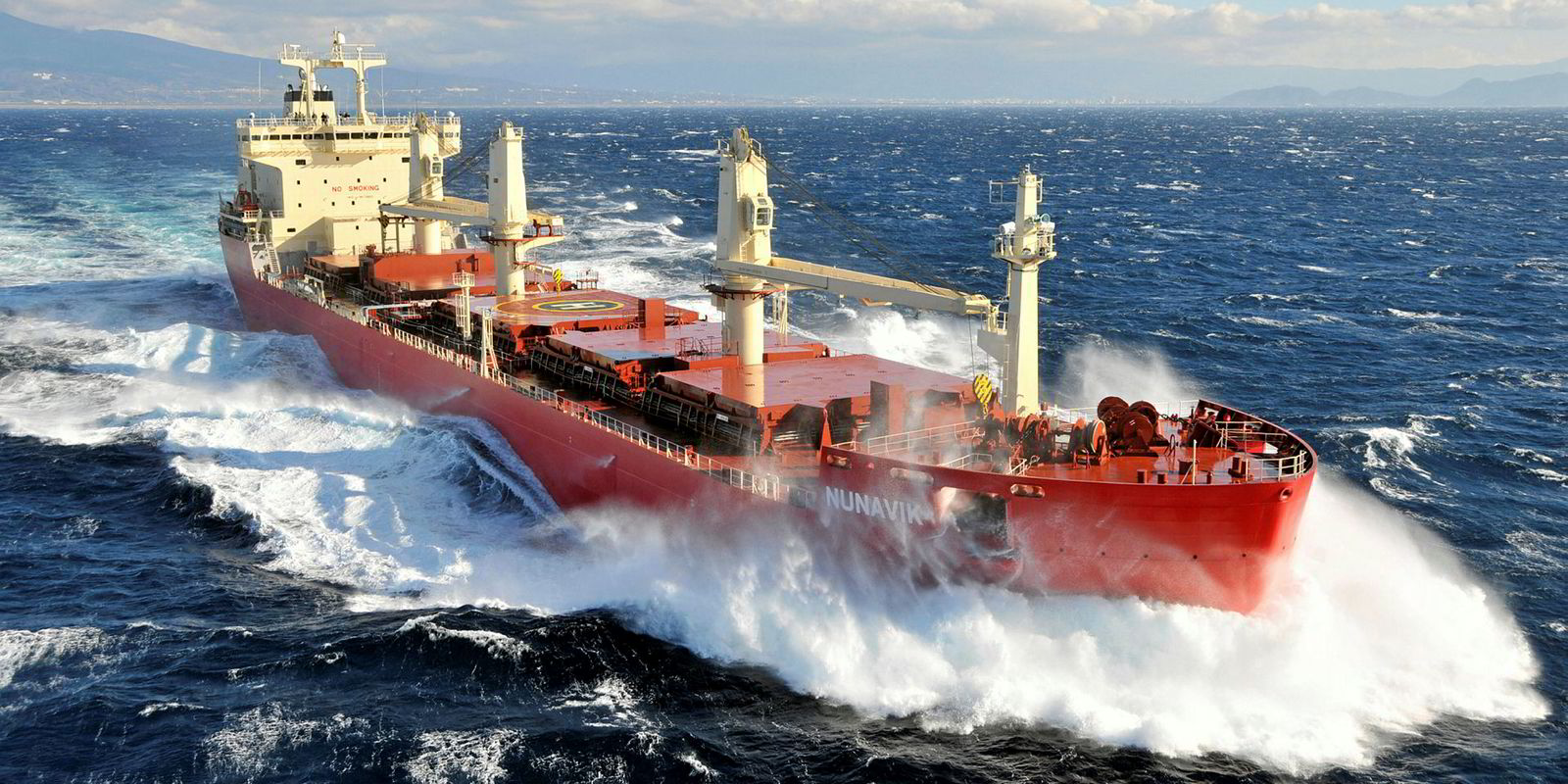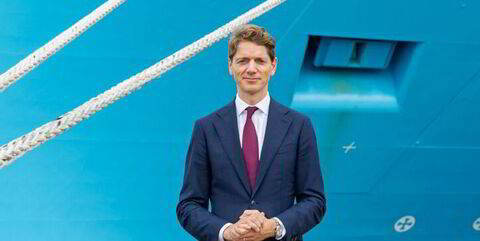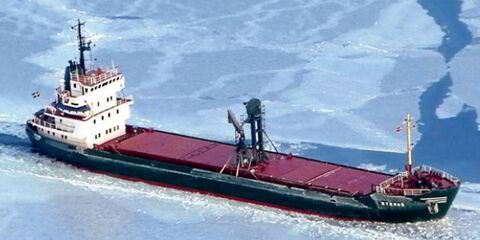Marc Gregoire has gone out to various stakeholders including ports, associations, pilots and relevant authorities to recommend changes, having conducted a review of Canada's Pilotage Act.
“We feel that safety is not an issue,” Shipping Federation of Canada president Michael Broad says. “The record is excellent, but efficiency is another story and improvements have to be made.
“We would like more transparency, more accountability, more KPIs [key performance indicators] provided by the authorities, as well as certain KPIs the pilots should be meeting.
“We feel that often the authorities concentrate on being financially self-sufficient. Whatever the cost is, they pass it onto us. They need to be more efficient.”
He says the current labour model needs strengthening, with the shipping federation calling on Gregoire to consider shipowners having the option to employ their own Canadian mariners, with pilotage certificates, able to pilot any of a company’s ships with similar characteristics.
The federation wants pilot corporations to have to publicly file their audited financial statements.
On the tariff-setting process, it calls for an effective appeals process for users and consideration given to setting tariffs prior to pilot wage negotiations — opposite to the existing system.
Broad says that chronic delays on the St Lawrence Seaway also need to be tackled. There are insufficient pilots at peak traffic times, but at the same time the authorities cannot afford to have pilots sitting around at other times.
Chronic delays
“We have to find a way around that,” Broad says. “The bottom line is we need pilots. Canadian pilots are excellent and we need to work with them after all this is done. We need to come up with something that is going to improve efficiency but have all the service providers on board.”
The shipping federation chief says Gregoire is the right man to handle the review.
“He has got the experience and knowledge, a very good reputation,” Broad says.
Meanwhile, the Great Lakes Pilotage Authority (GLPA), the government agency that oversees pilotage on the Great Lakes and St Lawrence Seaway, says a consultative process is needed so that users accept proposed tariffs and the appeals process is avoided.
It also says it needs to be empowered to charge vessel operators for other services including its pilotage certification programme, which costs about CAD 150,000 ($118,000) annually to administer.
The GLPA’s Pilotage Act review submission says it faces ongoing difficulties “meeting its business needs” due to the unjustly demanding tariff processes when responding to a “changing marine navigation industry”.
It says on various occasions in the past eight years, the pilotage authority has accepted lower tariffs and/or delayed other initiatives involving safety sensitive issues to avoid delays and additional costs when seeking to obtain tariff approval.
“GLPA and the other pilotage authorities should be granted the same tools to deal with tariff issues as the Canadian ports and St Lawrence Seaway,” states the submission to review chairman Gregoire.
“This will avoid the systematic pushback from users that have everything to gain in appealing a tariff. GLPA has increased the pilots’ productivity by close to 30% since 2009 as they now perform over 130 assignments per year, versus 100 in 2009.”
Safeguards protected
The GLPA says its search for a “timelier and more flexible tariff implementation process” would not remove safeguards to protect clients.
“We fully understand that as a regulated monopoly, our customers have no choice but to use our services,” it says.
Also, the pilotage authority says it needs the power to charge for “other administrative duties and processes" such as its certifying, auditing and monitoring of more than 350 Canadian navigation officers working on the Great Lakes.
“These charges should not be borne by the industry hiring pilots but by the actual users of the services such as the operators seeking pilotage waivers,” the GPLA says.
If a ship's officer has knowledge of local waters equivalent to that of a licensed pilot, that officer is eligible for a pilotage certificate.
The GLPA, which says it has operated “safe and efficient” pilotage services in the Great Lakes since 1972, wants priority ranking for payment of pilotage charges in the event of shipowner bankruptcies.
